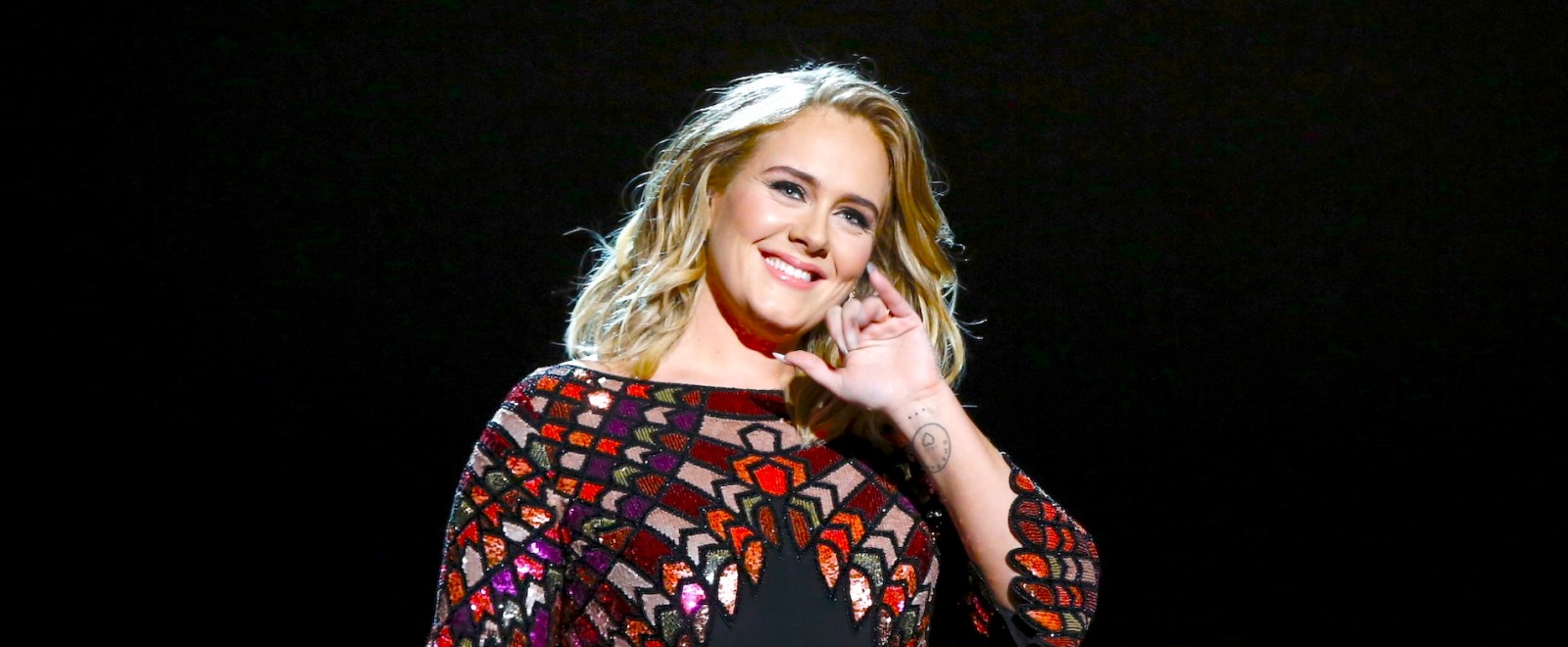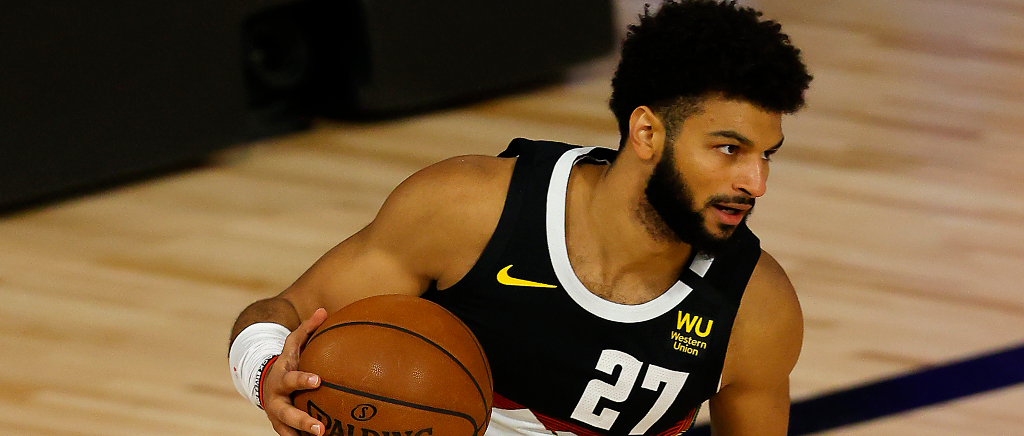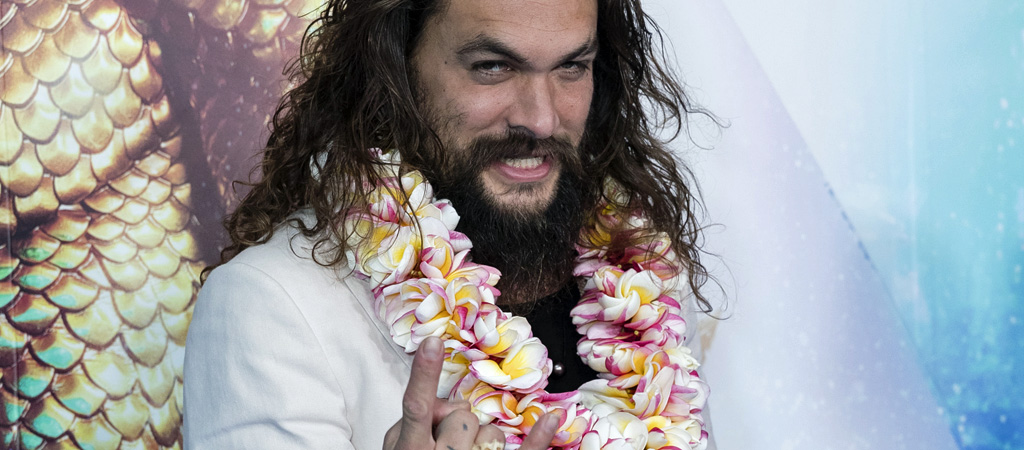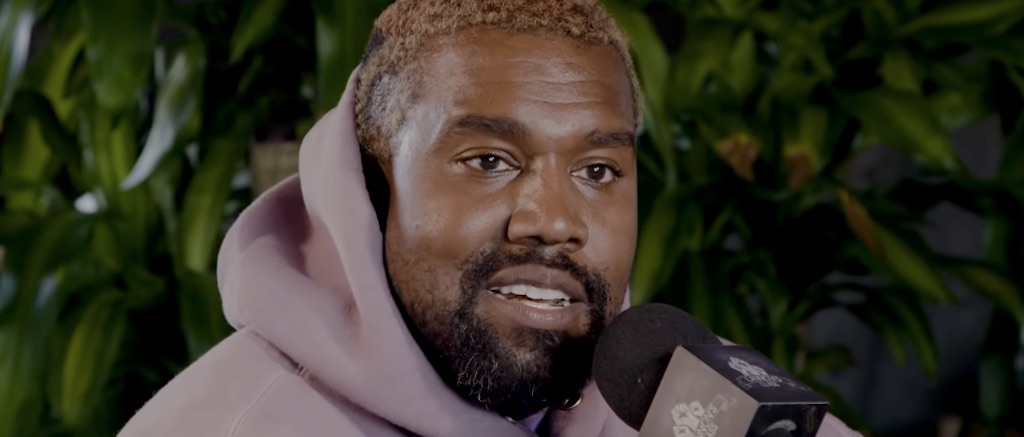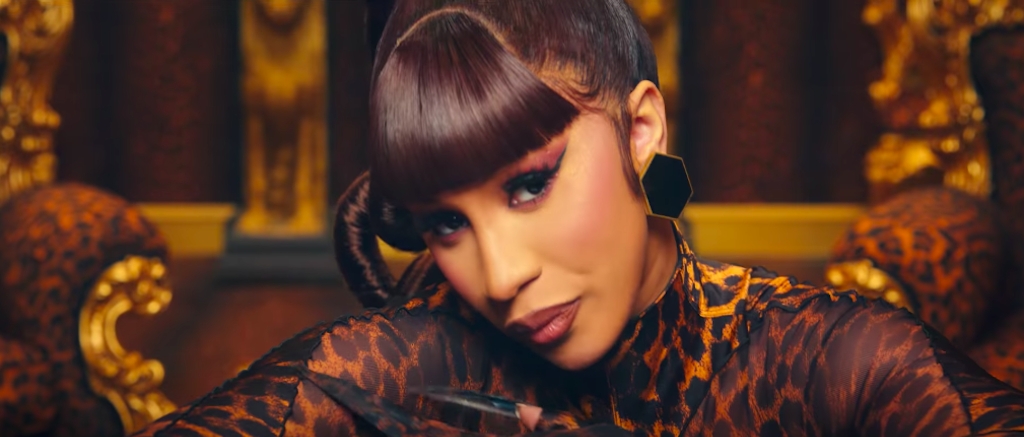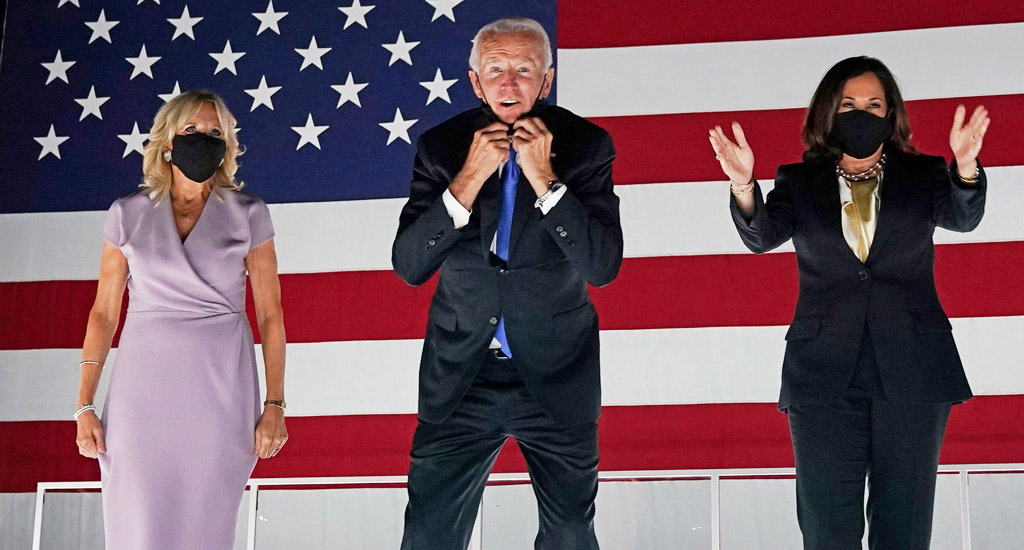Greta Thunberg kicks off the latest album from indie favorites the 1975 with a warning: “We are right now in the beginning of a climate and ecological crisis, and we need to call it what it is: an emergency.” It’s message that the 17-year-old, arguably the most prominent voice in climate action today, has been trying to get across for years, as documented in Hulu’s I Am Greta. The documentary, from director Nathan Grossman, follows Thunberg from her strike outside Swedish parliament at 15 years old to when Time‘s Person of the Year pissed off You-Know-Who (and out-trolled him in the process).
“I really like the film and I think it gives a realistic image of myself and my daily life. I hope anyone who watches the film can finally understand that we young people aren’t school-striking just for fun. We are protesting because we don’t have a choice,” Thunberg said about I Am Greta. “All that we ask for is for our society to treat the climate crisis as a crisis, and give us a safe future. I think the film shows just how far that is from happening right now. It shows that the urgency of the scientific message isn’t getting through.” The clip above shows her voyage from the United Kingdom to the United States aboard a boat (she doesn’t fly due to the “enormous climate impact of aviation”) to attend a climate change conference.
Here’s the official plot synopsis:
In August 2018, Thunberg, a 15-year-old student in Sweden, started a school strike for the climate as her question for adults was, if you don’t care about my future on earth, why should I care about my future in school? Within months, her strike evolved into a global movement as the quiet teenage girl on the autism spectrum becomes a world-famous activist. The documentary follows Greta’s heroism and passion in fighting for climate change.
I Am Greta premieres at the Venice Film Festival before hitting Hulu on November 13.

